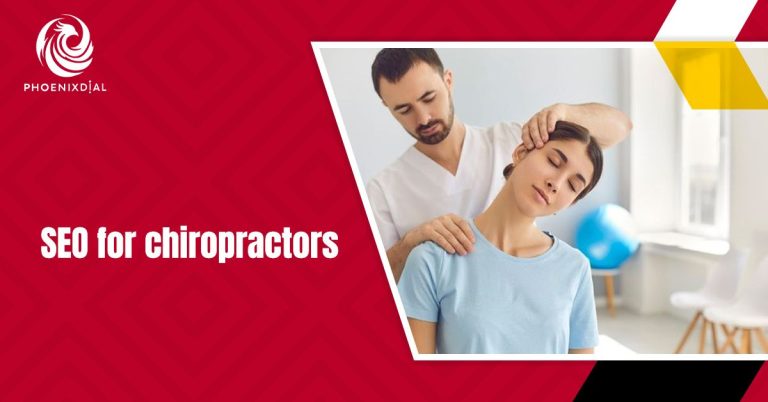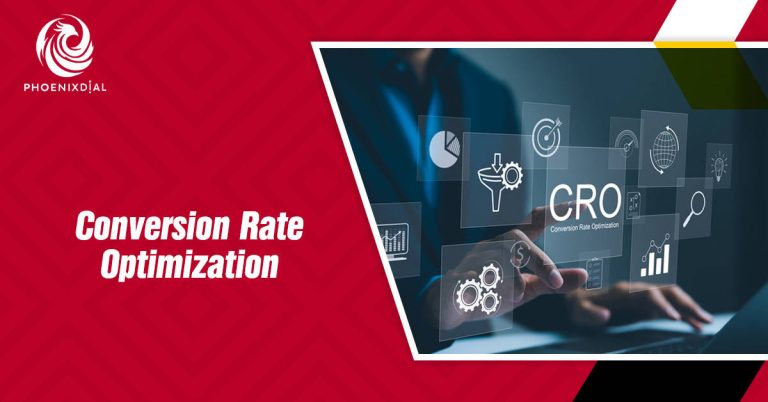SEO Analytics | Guide to Improve Traffic, Rankings, and ROI

More than 68% of online experiences begin with a search engine. That means most of your potential customers start their journey on Google. But here is the problem. Many businesses collect SEO Analytics data and never truly understand it. They…









